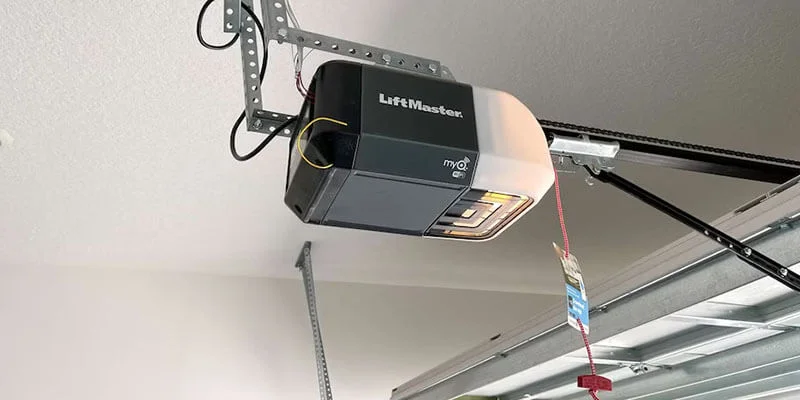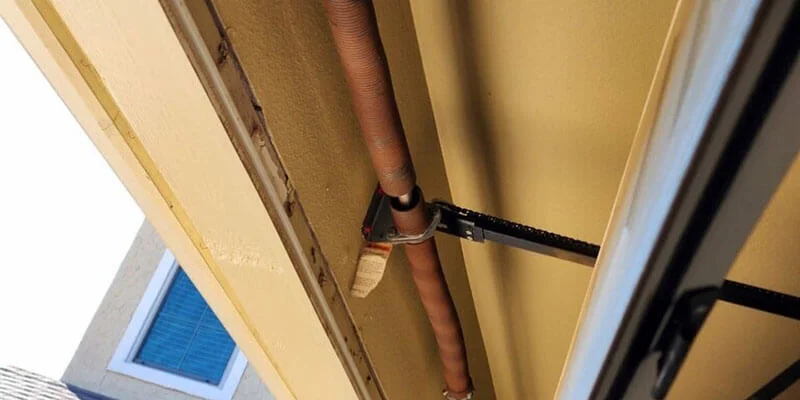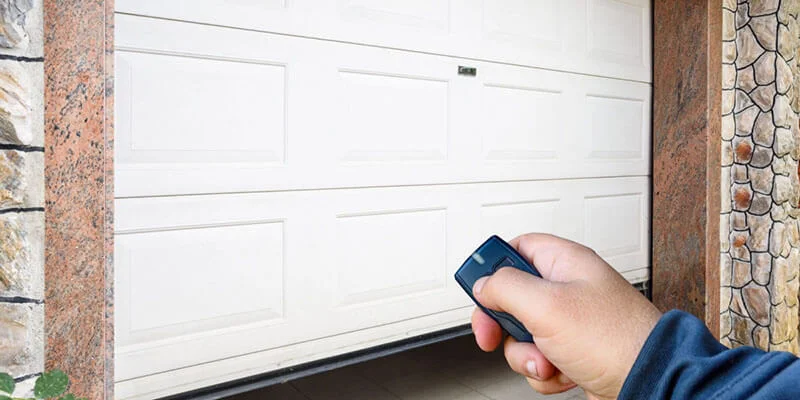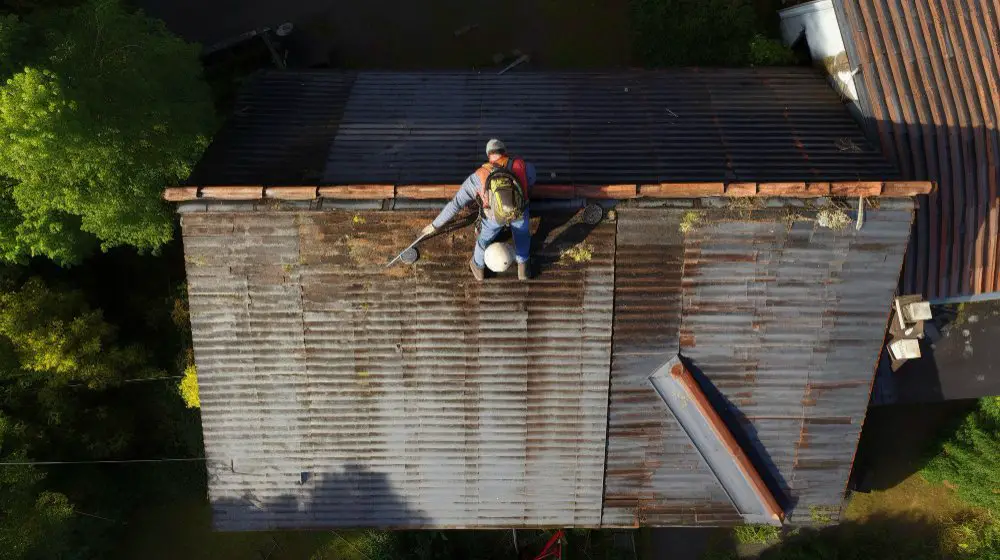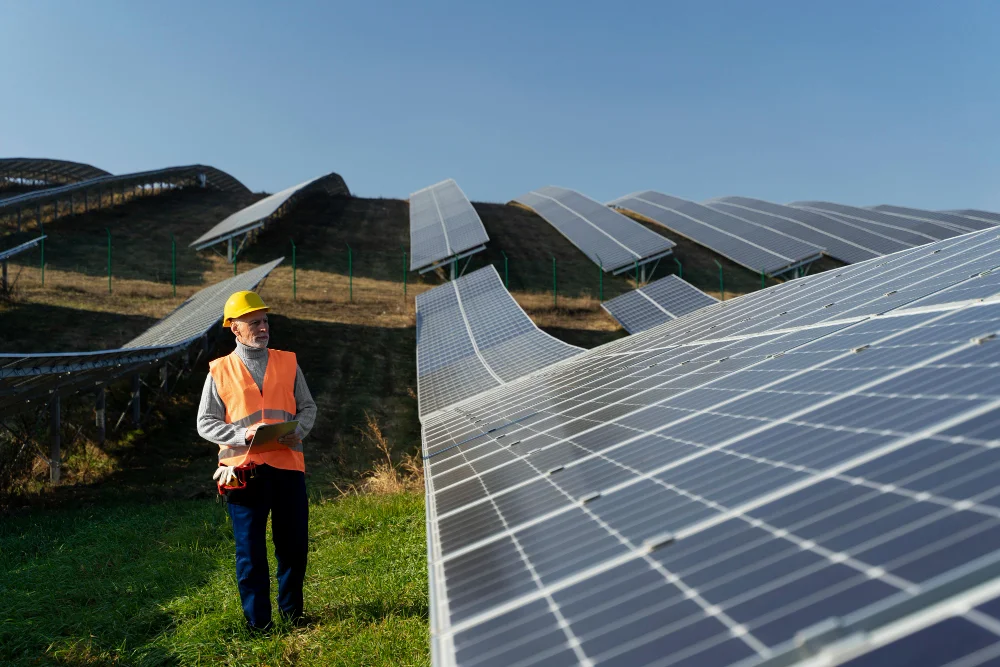Air conditioning systems have become indispensable in our daily lives, especially in regions experiencing extreme temperatures. While they offer comfort and improve indoor air quality, it’s important to consider the environmental impact of these systems. This article delves into the significance of AC repair and maintenance from an environmental perspective, highlighting the need for eco-friendly practices.
The Environmental Footprint of Air Conditioning
Globally, air conditioning units are a major consumer of electricity and a significant source of greenhouse gas emissions. The energy used to power these units often comes from fossil fuels, contributing to carbon emissions and climate change. Furthermore, older or poorly maintained systems are less efficient and consume more energy, exacerbating their environmental impact.
Importance of Eco-Friendly AC Repair and Maintenance
Eco-friendly practices in AC repair and maintenance are vital for several reasons:
- Reduced Energy Consumption: Properly maintained AC units operate at peak efficiency, consuming less electricity. This reduction in energy use directly decreases the strain on power grids and lowers energy bills for consumers.
- Lower Greenhouse Gas Emissions: Efficient AC systems emit fewer greenhouse gases. Regular maintenance and timely repairs can ensure that AC units do not leak refrigerants, which are potent greenhouse gases with a high global warming potential.
- Extended Equipment Lifespan: Eco-friendly maintenance practices can extend the life of an AC unit. This means fewer units need to be manufactured, reducing the overall environmental impact associated with production, distribution, and disposal.
- Improved Indoor Air Quality: Regular maintenance of AC units ensures better air filtration and circulation, leading to improved indoor air quality. This is especially important for individuals with allergies or respiratory issues.
- Cost Savings in the Long Run: While eco-friendly AC repairs might have a higher upfront cost, they lead to significant savings over time. Efficient systems require less energy, resulting in lower utility bills. Additionally, well-maintained systems need fewer costly repairs and replacements.
- Supporting Sustainable Practices: By opting for eco-friendly repair and maintenance services, consumers encourage the growth of green practices in the industry. This consumer demand can drive more companies to adopt sustainable methods.
- Compliance with Environmental Regulations: Eco-friendly AC repair and maintenance practices often align with local and global environmental regulations. Staying compliant not only avoids potential fines but also contributes to the larger goal of environmental conservation.
Common Environmental Issues in AC Repair
AC repair can have various environmental impacts. The most common issues include:
- Refrigerant Leaks: One of the primary environmental concerns in AC repair is the leakage of refrigerants. These substances, essential for the cooling process, can be extremely harmful to the environment if released, contributing to ozone layer depletion and global warming.
- Energy Inefficiency: Older or poorly maintained AC units often operate inefficiently, consuming more energy than necessary. This excessive energy use leads to higher greenhouse gas emissions, contributing to climate change.
- Improper Disposal of AC Parts: When AC parts are replaced and not disposed of correctly, they can cause environmental harm. This includes releasing harmful chemicals into the environment and contributing to landfill waste.
- Use of Non-Eco-Friendly Materials: Some repair processes may use materials or components that are not environmentally friendly. This could include parts that are less energy-efficient or made from non-recyclable materials.
- Overuse of AC Systems: Inadequate maintenance can lead to overuse of AC systems, where they run longer and harder to maintain desired temperatures. This not only increases energy consumption but also accelerates wear and tear on the system.
- Noise Pollution: Older or malfunctioning AC units can generate excessive noise, contributing to noise pollution. This is particularly an issue in densely populated areas.
- Impact on Local Ecosystems: The installation and repair of AC systems, especially in large buildings, can disrupt local ecosystems. This includes potential harm to local flora and fauna during installation or repair activities.
- Carbon Footprint of Repair Activities: The process of repairing AC units, including the transportation of technicians and parts, contributes to carbon emissions. This aspect is often overlooked but forms part of the overall environmental impact.
Best Practices for Eco-Friendly AC Maintenance
To maintain AC systems in an eco-friendly manner, it’s recommended to:
- Schedule regular maintenance checks to ensure systems are running efficiently.
- Use energy-efficient parts and components during repairs.
- Safely dispose of old AC parts, particularly those containing hazardous materials.
- Upgrade to newer, more energy-efficient models when possible.
- Ensure that your home or building is well-sealed and insulated, thereby saving energy and reducing emissions.
- Install smart thermostats to optimize the operation of your AC system.
- Regularly clean or replace the AC filters to improve airflow and system efficiency, which can reduce energy consumption.
- Ensure that refrigerants are handled responsibly during maintenance, preventing leaks and proper recycling of refrigerants can significantly reduce their environmental impact.
Innovations in Eco-Friendly AC Repair Techniques
The AC repair industry is continuously evolving with new, eco-friendly innovations. Some of the key advancements include:
- Alternative Refrigerants: The development and use of refrigerants with lower global warming potential are revolutionizing the industry. These new refrigerants are designed to minimize environmental impact without compromising the efficiency of the AC units.
- Smart Diagnostic Tools: Advanced diagnostic tools enable technicians to accurately identify and resolve issues more efficiently. This precision reduces the time and resources spent on repairs, thereby minimizing the environmental footprint.
- Energy-Efficient Components: The integration of energy-efficient compressors, fans, and other components in AC systems helps reduce overall energy consumption. These components are not only better for the environment but also cost-effective in the long run.
- Solar-Powered Air Conditioning: Harnessing solar energy for air conditioning is a significant leap forward. Solar-powered AC units reduce reliance on traditional electricity sources, thereby lowering carbon emissions.
- Automated Systems for Maintenance: Automation in AC maintenance, such as smart thermostats and system monitoring tools, allows for more efficient operation and timely maintenance. These systems help in maintaining optimal performance with minimal environmental impact.
- Recycling and Reusing Parts: The emphasis on recycling and reusing parts from AC units minimizes waste. This approach is crucial for sustainable practices, reducing the demand for new materials and the energy used in manufacturing.
- Eco-Friendly Installation Practices: Techniques for installing and servicing AC units have also become more environmentally friendly. This includes minimizing waste during installation and using tools and materials that have a reduced environmental impact.
- Green Building Integration: AC systems are being designed to integrate seamlessly with green building practices. This includes optimizing systems for buildings with high energy efficiency ratings and ensuring that AC units complement other eco-friendly building features.
The environmental impact of AC repair and maintenance cannot be overlooked. By adopting eco-friendly practices, both professionals and homeowners can significantly reduce the carbon footprint of air conditioning systems. It’s a collective effort that contributes to a healthier planet.







